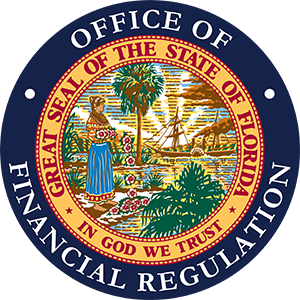Finding the Right Investors for Your Company
This information is provided for general informational purposes only and should not be relied upon as legal interpretations by the Office, shall not supersede any part of the Florida Statutes or Florida Administrative Code, and does not constitute legal or financial advice. The Office does not endorse any third-party or guarantee the accuracy of any third-party information linked to or referenced herein.
Important: A company may not offer or sell securities unless the offering has been registered or falls within an exemption from registration. An offering may need to be registered or fall within an exemption from registration in more than one jurisdiction.
Each investor is unique and has his or her own financial goals and experience. Not every investor will be a good fit to for your company. It is important to understand your company's goals as well as an investor's goals and interests to ensure that they align. Remember that you are entering into a long-term working relationship with investors that will require consistent communication, trust, transparency, accountability, and cooperation. Many professional investors have experience as entrepreneurs, business owners, or executive officers and provide expertise and mentorship in addition to their financial investment.
Here are a few things to consider:
Do you know the potential investor personally?
How do you plan to reach potential investors?
Does the potential investor expect regular meetings and communication?
Is the potential investor local to your area?
How soon does the potential investor expect to receive a return on his or her investment?
Is the potential investor familiar with small business investments?
Does the potential investor expect a mentorship role in the company or a seat on the board of directors?
Are the potential investor's terms and conditions in alignment with the goals of the company and other shareholders?
Typical Investor Expectations
Potential investors typically want to see information about the company and the terms of the offering, including:
- Disclosure documents, including appropriate risk disclaimers, and legal contracts.
- The company's business plan, including a pitch deck, executive summary, product demonstration, market research, marketing plan, growth and expansion plan, founder agreements, and employment agreements.
- A capitalization table illustrating the company's ownership breakdown.
- Financial statements, including income statements, balance sheets, cash flow statements, and financial projections.
- The terms of the offering, including the types of securities being offered, the timeline for maturity or conversion dates, dividend terms of the offered securities, company control provisions, liquidation preferences, voting rights and board of director seats, and anti-dilution protections.
- An illustration of the amount and use of the offering proceeds.
- The company's plan for controlling dilution.
- The company’s exit strategy plan for investors.
- An agreement regarding communication expectations.
